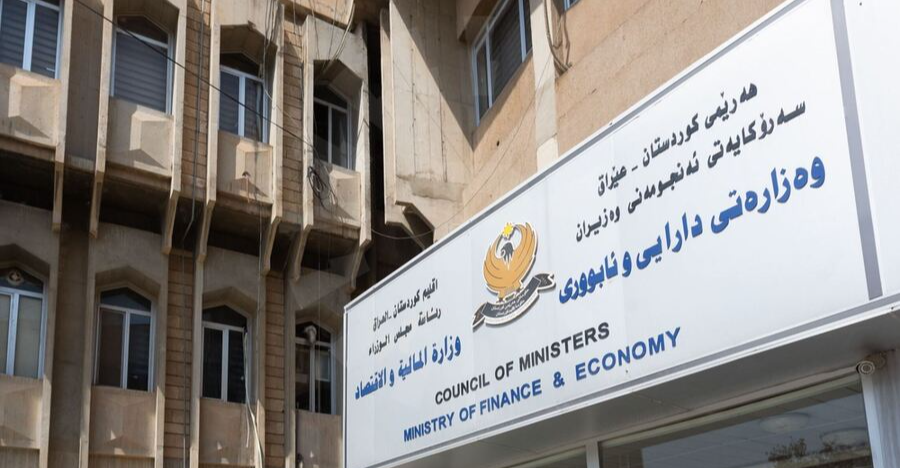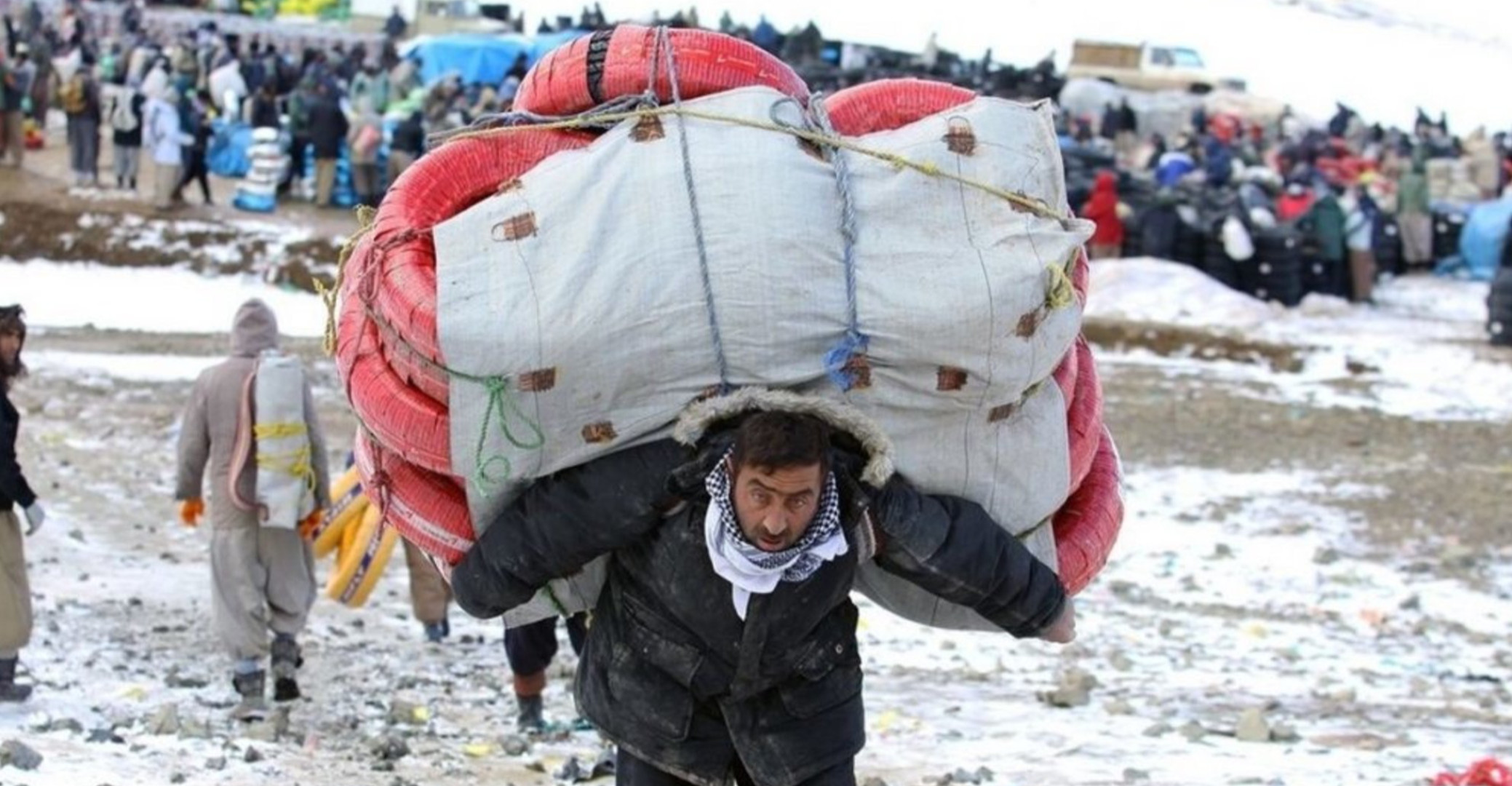Withdrawal from Baghdad, continued presence in Erbil: Washington's long-term plan for Iraq

Shafaq News/ A British report suggested that the future of the US military presence in Iraq, while still awaiting final approval from Baghdad and Washington, is effectively agreed upon and only awaits the right moment for an official announcement.
However, the report highlighted that a US force will remain stationed in Erbil, the capital of the Kurdistan Region, serving as a key link to US operations in Syria.
According to the report from the Middle East Eye, "American and Iraqi negotiators have agreed on a two-phase withdrawal from Iraq; the first in September 2025, and the second by the end of 2026, primarily due to frequent attacks on US forces by Iranian proxies."
While the agreement still requires "final approval" from leaders in both Baghdad and Washington, it is essentially considered a "done deal." The report cited Reuters, quoting a US official who mentioned that "it is now just a matter of when to announce it."
The report suggested that critics of the US's "forever wars" might welcome the agreement, but US policymakers and their regional allies, particularly those focused on curbing Iran's influence, may feel concerned.
Iran, with its substantial influence over Iraq through "energy ties, religious connections, and factions comprising tens of thousands of fighters," is seen as having a vested interest in the US withdrawal, according to the report.
The plan between Iraq and the US reportedly calls for all US-led Global Coalition forces to leave Ain al-Asad Air Base in al-Anbar governorate and significantly scale down their presence in Baghdad by September 2025.
Furthermore, US and Coalition troops are expected to remain in Erbil for just one year, as withdrawing from the Kurdistan Region would render the US military presence in northeast Syria "unsustainable."
The report quoted Andrew Tabler, former Director for Middle East Affairs at the US National Security Council, as saying that "Erbil is critical to support operations in Syria," emphasizing that the US "needs the ability to move troops and supplies over the land route between Iraq and Syria."
Legally, the US justified its military presence in Syria, where 900 US troops are currently stationed, through an agreement with Baghdad. Although the US presence in Iraq and Syria is officially part of the mission to combat and defeat ISIS, it is also viewed as a strategic wedge against Iran and its regional proxies.
The report continued by stating that if US forces withdraw, it would occur at a time when other regional powers are asserting their military influence over Iraq's relatively weak central government. This is evident in recent Turkish airstrikes in northern Iraq and the allocation of an additional $700M in the 2023 Iraqi budget to the Popular Mobilization Forces (PMF), a group with approximately 150,000 fighters.
The Middle East Eye report concluded that the official US withdrawal date will come after the 2024 US presidential election.




